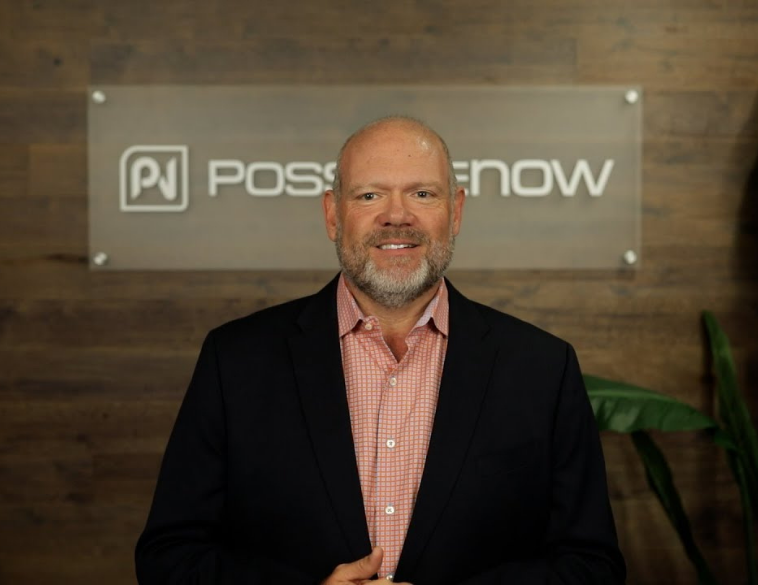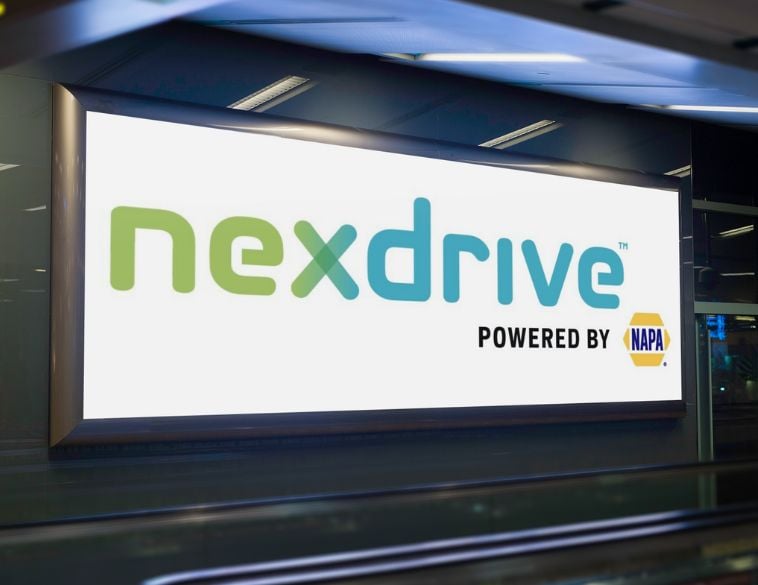The landscape for how companies deliver content to consumers and the way they obtain consent to use personal data is changing before our eyes.
Apple, the maker of the iPhone and iPad, recently announced changes to the way it will handle privacy for its users. Specifically, they plan to give customers enhanced control over privacy settings that will empower them to have more say over which of their personal data is provided to brands.
This has angered executives at Facebook who says the changes will limit and significantly diminish the ability to deliver highly targeted content and ads to its users— a move that is sure to damage advertising revenue from the millions of businesses that depend on targeted content, messages and offers for a more personalized experience and effective campaigns.
Additionally, Google, which has established itself as the number-one digital advertising platform through its search engine, has also recently announced it will make changes to the way in which it delivers personalized content and ads. They are proposing their own new set of technologies that they say still allows them to track web users personally, but in a way that respects their privacy.
According to the company, they can do this through tools that promise to group consumers into interest groups on their devices, and never send their browsing information to a central server.
What’s at stake
What’s at stake is the way in which companies use technology and algorithms to track individual users. For example, if Google enhances privacy by masking consumer data, then businesses must go through Google to purchase ads and thereby gain access to targeting data in order to deliver messages in front of a specific user base.
Driven by Big Data, these ads have helped companies target people who have the characteristics of someone to whom the messages and offers are likely to be of interest.
Of course, Big Data is the process of purchasing data from a third-party provider, collecting online activity, purchase history, social media content and more to identify people that are potentially interested in what companies have to offer.
However, one inherent problem is that companies are making assumptions based on this data, and also many times those assumptions are based on very outdated and/or inaccurate data—in addition to the fact that people know this is happening and see it as “creepy”.
For example, a person Googles a certain topic and then they are served targeted digital ads about the same product.
Because of this, Big Data is falling out of favour because many times it is inaccurate, and it lacks consumer transparency and control. At the same time, companies like Google and Apple want to do a better job of keeping consumer data more private while also continuing to deliver a personalized Internet experience for the consumer.

Personalization and enhanced privacy
There has been a war waging for some time now over a person’s right to data privacy. Further, there’s a privacy/personalization paradox that exists. This refers to the fact that consumers want data privacy and to know that their data is safe.
However, at the same time, we live in a digital world and most people feel overwhelmed with all the messages coming at them daily. Therefore, they also want messages to be personalized and relevant and have expectations that businesses will provide great customer experiences for them.
That being said, there must be a fundamental change in the way companies collect and use data. As we’ve discussed, big data is often inaccurate, feels like an invasion of privacy, and breeds mistrust.
What’s happening, as a result, is that companies are now embracing the collection of zero-party data. Zero-party data is information a customer freely and intentionally shares with a brand they trust. It can include personal insights like preferences, feedback, profile information, interests, consent, and purchase intent.
More trust, empowerment & data control
This step is in the right direction in that customers should be more in control of their data. The benefit of using zero-party data is that:
- it is unique to the brand and no other brand has the same data;
- it’s the ultimate source of truth in that the customer offers up their own insight, rather than making assumptions based on big data and;
- it is relationship-based so it relies on a higher level of trust with the customer which means the company must be transparent about their use of the data and the relationship must be mutually beneficial.
The key to all of this is that businesses in every industry, no matter their size or location, must change the way they engage and interact with their customers. They must build trust so that their customers and prospects are willing to share zero-party data with them.
In doing so, these businesses will gain access to the data they need to engage with customers on their terms and provide enhanced value in return such as better customer service and relevant customer experiences.
And by providing customers easy access to update and edit their data, they will be in control of their data which not only builds trust but also keeps their data current.
And that leads to a mutually beneficial relationship.



